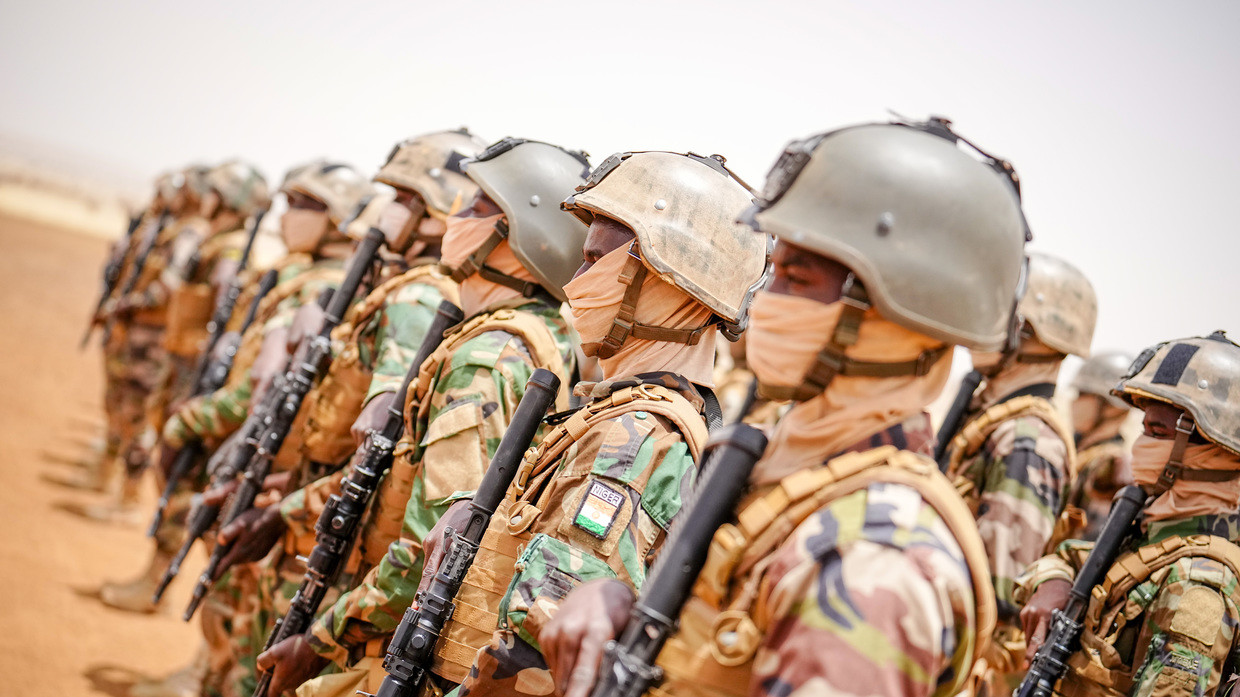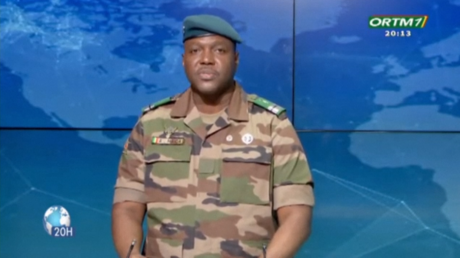Niger’s new military government has signed an order authorizing Burkina Faso and Mali to send their defense and security forces to intervene on its territory in the event of an attack, the parties announced on Thursday.
The agreement was reached in Niamey when both Burkina Faso’s foreign minister, Olivia Rouamba, and her Malian counterpart, Abdoulaye Diop, paid a visit to the coup leader, General Abdourahamane Tchiani.
“The three countries have agreed to grant each other facilities for mutual assistance in matters of defense and security in the event of aggression or terrorist attacks,” the foreign ministries said in a joint statement late Thursday.
The West African ECOWAS bloc has warned that it will send “standby forces” into Niger to reinstate President Mohamed Bazoum, who was ousted by members of the presidential guard on July 26 and has been detained since.
Though the authority has insisted on using diplomatic means to resolve the crisis, it announced last week that a date for an armed action has been set if negotiations with the coup leaders fail.
Last month, the military governments of Mali and Burkina Faso warned African states and Western governments against intervening militarily in neighboring Niger.
Any such move would be considered a declaration of war against Bamako and Ouagadougou, the military rulers said in a statement.
On Thursday, the Burkinabe and Malian foreign ministers reaffirmed their countries’ support for Niger’s military rulers, condemning the “illegal, illegitimate, and inhumane” sanctions imposed by ECOWAS and the West African Economic and Monetary Union (UEMOA).
“They further reiterated their rejection of an armed intervention against the people of Niger which will be considered as a declaration of war,” according to the statement.
The three allies also announced the formation of a “consultation framework” and a “joint secretariat” to coordinate efforts to “deal with the multiple situations and challenges to which they are exposed.”


